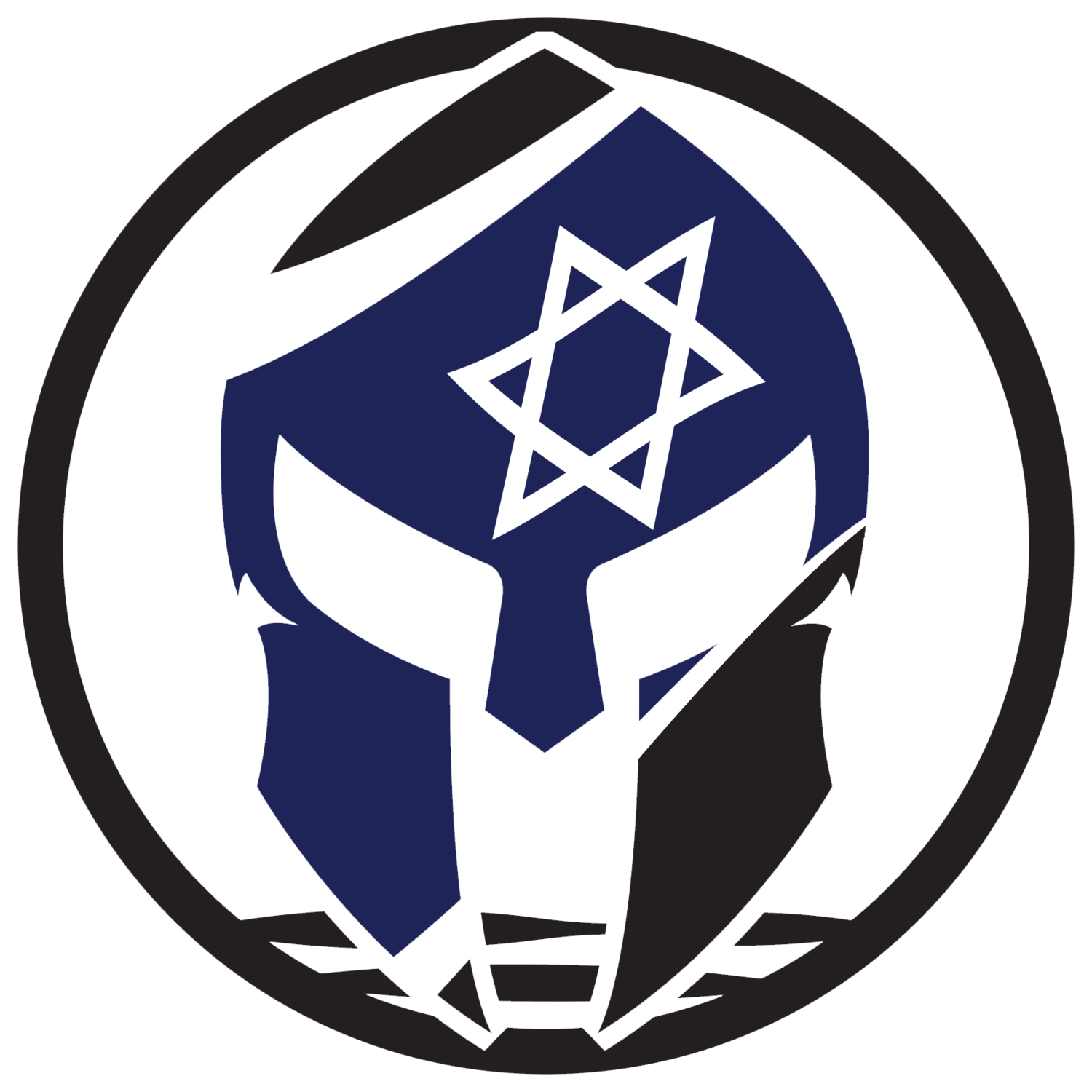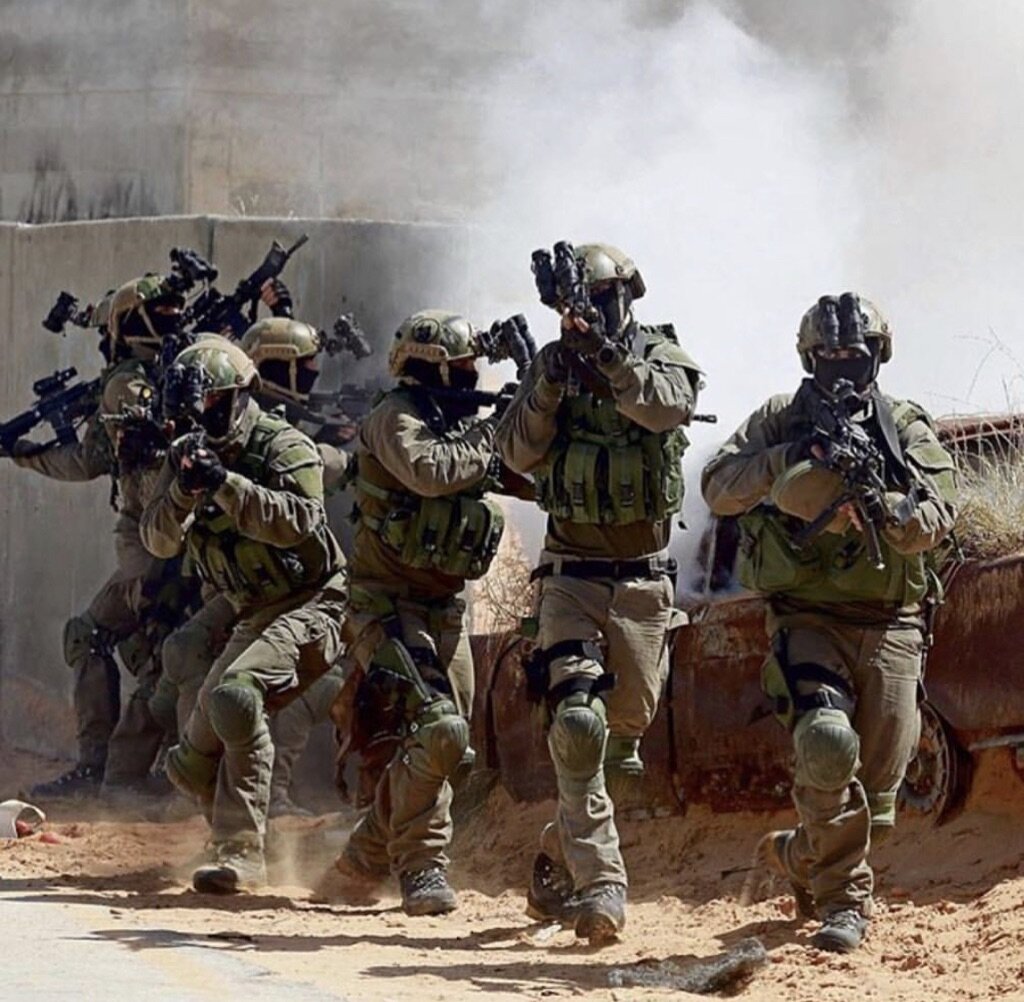Nadav S.
Forged by Adversity
"If you can’t fly then run, if you can’t run then walk, if you can’t walk then crawl, but whatever you do you have to keep moving forward"- Martin Luther King Jr.
It was a tense wait in the office of the Commander of the Reconnaissance School. Sitting in the lobby, a week post surgery with a cast around my arm, I did my best to remain calm. Despite this I was still feeling anxious about this meeting, whether I would be allowed to complete Maslul (14 month grueling training track) with my team. Finally I was called in, along with my Mafkatz (Team Commander) and the Company Commander. Sitting at the end of the table, was the Commander of the Reconnaissance School. I introduced myself, making the case on why I should be allowed to finish training with my team. Completing a year of training, nine of those intense weeks of training with a broken hand, training on my time off and volunteering. Explaining to him that as a lone soldier it was my dream to be in a Sayeret (Special Unit). After finishing his notes, the Commander looked up to me and said "Listen we really commend your motivation, I only saw 3 to 4 soldiers that came into the unit with the same amount of motivation as you. However before Maslul, before the Sayeret, comes your health. So unfortunately we can't allow you to finish training with your team, any questions?". After hearing those words, I choked up. I pleaded with him to let me finish, to stay with my team, and recognize all the hard training I've done up until this point. I was so close to finishing. Just two weeks until climbing Har HaQanna’im and earning the Reconnaissance Pin. After the meeting, the Mafkatz, Company Commander and Recon School Commander told me that I would be finishing the training in the Sayeret. I would finish, however, four months from now, with a "younger" team. I tried to remain in high spirits, all my friends and family told me that it was going to be alright in the end. But on the way home I felt defeated, and when I got back, I just broke down and cried. Being told that I was going to be held back, that I was not going to finish with my team, was one of the most painful things I had ever been told.
Whether you are a lone soldier or simply a soldier, adversity won't only be found in physical hardship or social cultural barriers. It is found in setbacks that will surprise you at any point of your training and service. Annoying bureaucracy, injuries, family issues - these setbacks are the type of obstacles that could challenge any soldier. In any unit or position in the military, you will see your friends face these setbacks in training, daily life or in the field. In many cases, people break down from the pressure as a result. How can we contend with this pressure, and is it possible to overcome the mental obstacles emplaced by these setbacks? The answer is yes, and by following these points (which I learned through the army and my time in Tsevet Lohamim), you will be forged by adversity rather than be broken by it. Becoming a stronger "warrior" because of the struggles you faced. (but more on that later)
1) Stay in your 3-Foot World. In his book No Hero, former Navy SEAL Mark Owen talks about the concept of the "3-Foot World". The idea that no matter how hard it gets mentally, you need to stay focused on the here and now. There are a lot of things that will go wrong in your army service. Don't be afraid of what other people think, or events that are happening around you. Control how you react and contend with the immediate situation that's in front of you right now. If you get shabbat for doing something wrong, think about it and come back next week a better soldier and teammate. If you are injured, find a way to get better or to train around your injury. What forges people into stronger warriors is instead of crying and feeling sorry for themselves, they pick themselves up and control what they are able to do in the moment in order to improve on the situation.
2) Be HUMBLE. Instead of being angry at the world, be grateful for what you have. Tomorrow is a new day and instead of sulking about the setbacks,see this as an opportunity to harden and better yourself. Understand that in the bigger scheme of things, these setbacks could forge you into a true warrior. If you did not pass a gibbush (selection) for an elite unit, learn from your mistakes so you are able to do the next gibbush even better and pass. By being humble, you are grateful for what you have; which in itself builds mental resilience that could help you to overcome any setbacks that lie ahead of you.
3) Give 100%,Never Give Up. Just because you have been setback, that is no excuse to slack off. Remember why you came to serve in the first place, and give it your all and follow through your goals until the end. This shows true character when facing difficult circumstances, showing you're not afraid to struggle through difficult situations is what separates the warriors from the wannabes. Which leads to the crux of the matter, NEVER GIVE UP!!! Show heart, if you have a goal that you will do anything for, fight for it. Don't pull away from your setback, instead use it as a fuel to drive yourself forward and accomplish your mission.
While these points won't guarantee anything, they will help you to cope with difficult circumstances. Furthermore, this advice isn't only for those serving in combat roles, but to all soldiers who face their own challenges and setbacks. To recall what is said in the beginning of this piece, understand that being a warrior is not just a warfighter operating in the most dangerous theaters of war. Rather, a warrior is one with a disciplined mindset. One who embraces adversity rather than faltering from it, and uses that adversity to forge themselves into a better person. Anyone can utilize this warrior-mindset to better themselves. No matter the position, profession or place in life that person is in at the moment. It is up to you to contend with your setbacks, no matter how good or bad the result, it will transform you into a true warrior, in other words, a better human being. Now, after a year and six months of waiting. I finally stand on Har HaQanna’im and received my hard earned Reconnaissance Pin, I feel that I have earned it in the truest sense possible.
Nadav S.




